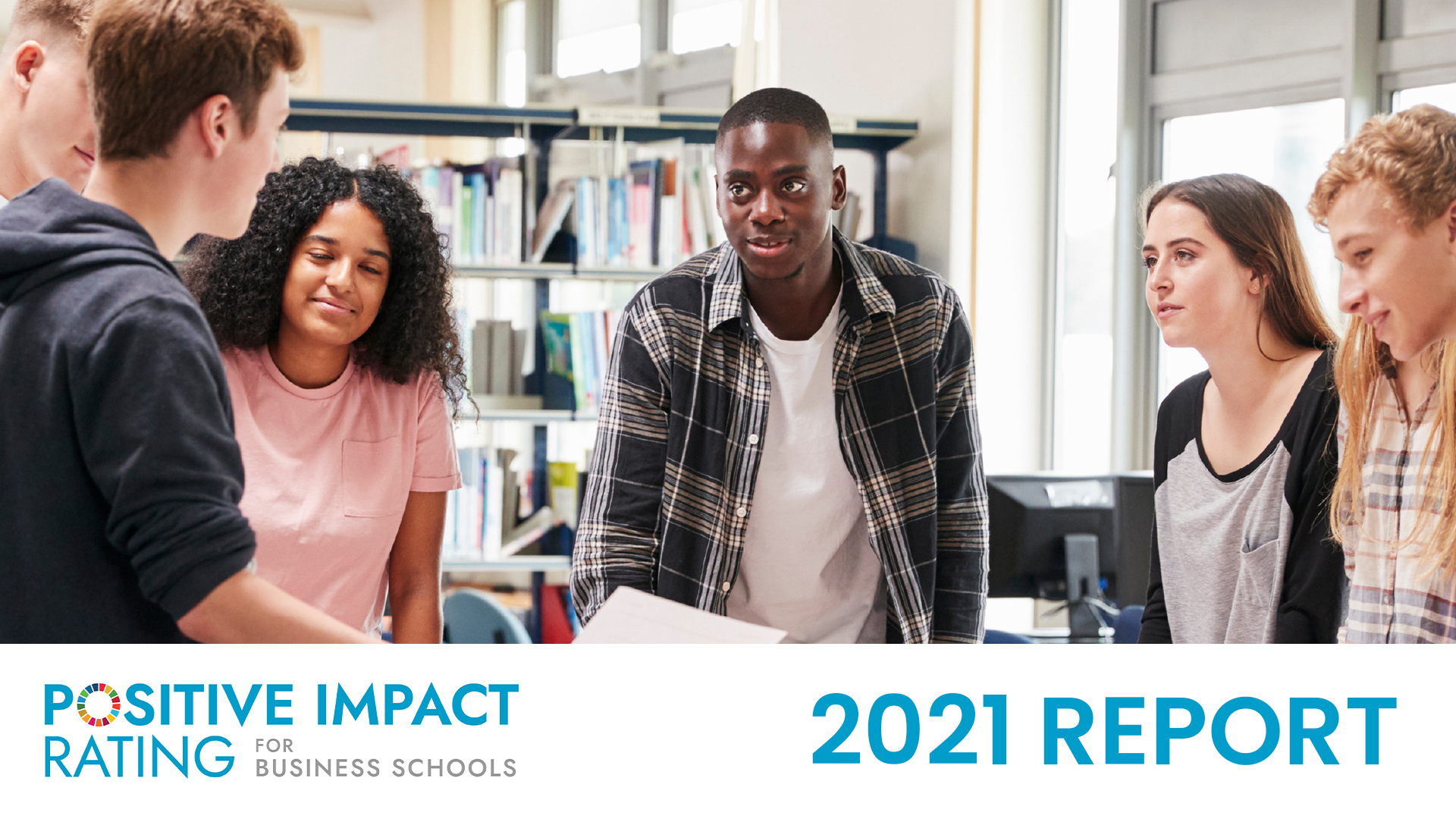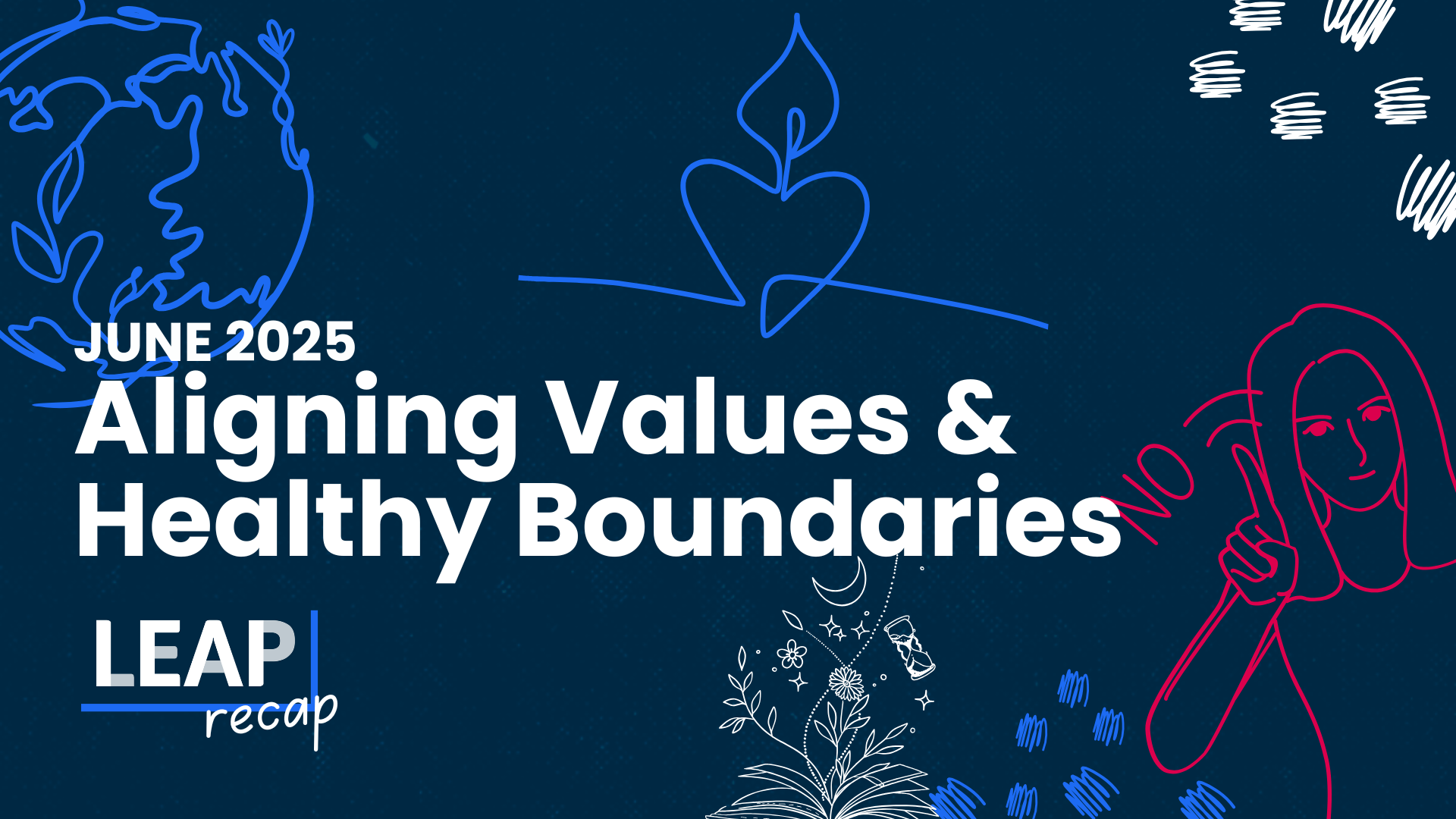
The Positive Impact Rating 2021 Report was launched at the virtual PRME Global Forum on 17 June 2021. The Positive Impact Rating supports fundamental change in the business school landscape by measuring schools’ societal responsibility and impact. It offers students a tool to select an education that prepares them as responsible business leaders and change-makers in the 21st-century.
[simple-button href=”https://4d7bfdf5-e48e-44f8-9aae-099e82448ba1.filesusr.com/ugd/d46c06_52232b9c2ef849e69e6d6849c162ba13.pdf” color=”lighterblue”]Read the 2021 report HERE.[/simple-button]
47 business schools from 21 countries worldwide took part in this year’s edition of the PIR and over 9,000 students participated in the survey.
The PIR is a rating conducted by students and for students. For the second time, students worldwide assessed their business schools on how they perceive their positive impact in the world. The data collection in the Schools has been organized and led by students’ associations, who distributed the PIR survey across campus to their fellow students.
Students provided an incredible wealth of constructive comments on how their schools can increase their positive impact. Students are very clear in what they want their schools to STOP doing: 1. Teaching outdated theories and models of economics and business; 2. Using single-use plastics on campus; 3. Employing staff with no knowledge, experience, or passion in sustainability; 4. Unsustainable food and catering services on campus; 5. Practices that continue to create waste; 6. Offering degrees without mandatory sustainability courses.
There is also a consensus on what they want their schools to START doing: 1. Putting sustainability at the core of teaching on economics and business; 2. Providing practical sustainability competencies; 3. Engaging with NPOs for courses, projects, and career options; 4. Creating social impact initiatives with local and global communities; 5. Empowering and supporting students to act for sustainability; 6. Educating all b-school staff in sustainability topics.
The PIR is the first rating in which students worldwide assess their business schools on their positive impact. Sophie Charrois, President of oikos International and PIR Supervisory Board member, spoke at the launch event. She said that “more and more students all over the world seek an education that prepares them as change agents and leaders of tomorrow”.
The PIR was created by concerned business school experts together with global NGOs – WWF, Oxfam, and UN Global Compact. International student associations oikos, AIESEC and Net Impact are partnering with PIR, which is also supported by VIVA Idea (Costa Rica), Mission Possible Foundation & Fehr Advice, both from Switzerland.



